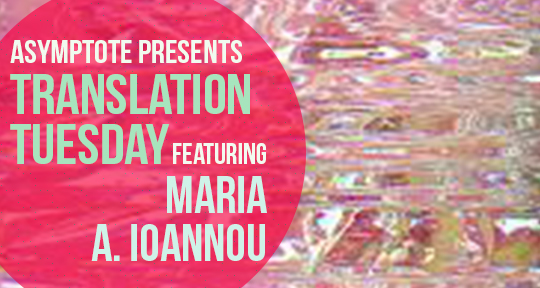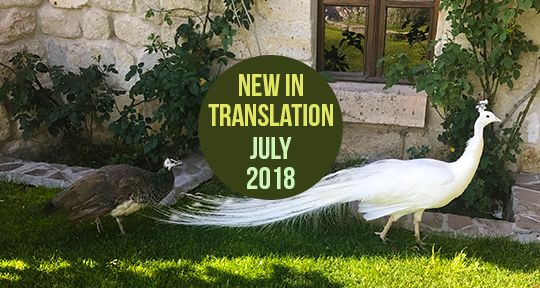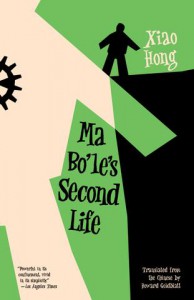Translation is a political act and the texts that are selected to be translated—from stacks and stacks of books appearing all over the world every day—ultimately shape the literary market and conversations within a particular culture. With this clearly in mind, English-to-Italian translator Andrea Sirotti has made a career of translating postcolonial writers, such as Chimamanda Ngozi Adichie, Sujata Bhatt, Lloyd Jones, Margaret Atwood, Karen Alkalay-Gut, Hisham Matar, Alexis Wright, and Arundhathi Subramaniam into Italian, often introducing them to the Italian public for the first time. His translation of Carol Ann Duffy’s The Bees, translated with Giorgia Sensi, was awarded the best translation of a foreign work into Italian at the sixteenth Concorso nazionale di Poesia e Narrativa “Guido Gozzano” in 2015. In this conversation with Asymptote’s Copy Editor Anna Aresi, Sirotti talks about his passion for postcolonial literature, giving us precious insights into his translation workshop and the challenges he faces when transposing complex English texts into the Italian.
Anna Aresi (AA): How did your interest in postcolonial literature begin? Was there a particular author that first caught your attention? If so, who and why?
Andrea Sirotti (AS): My interest in postcolonial literature, especially poetry, began by chance. In the mid-1990s I started to collaborate, as a critic and translator from the English, with the Italian journal of comparative literature Semicerchio. Its director, Francesco Stella, asked me to review Sixty Women Poets, an anthology of women poets edited by Linda France and published by the UK-based Bloodaxe. Reading that book was illuminating; from the repertoire of rich and diverse female voices France anthologized, I was struck in particular by authors coming from the ex-Commonwealth, as people called it back then (and this brings another brilliant title to mind—Uncommon Wealth: An Anthology of Poetry in English, an even more specific anthology published by OUP in 1998). The uncommon wealth of these verses, their unprecedented freshness, lead me to deepen [my understanding of] the topic and, thanks to the internet, I read other anthologies and collections, by men and women, migrant or settled, “pioneers” of the English language as well as second- or third-generation speakers in anglophone contexts. I found myself in front of a fantastic poetry world to explore! If I had to name one poet from the group of excellent poets collected by France (among whom were poets of great worth and originality such as Moniza Alvi, Grace Nichols, Jean “Binta” Breeze, Mimi Khalvati, etc.), I would mention Sujata Bhatt. It was with her poetry that I began my career as a literary translator, publishing some of her poems in Italian translation in the journal Testo a fronte in May 1996. It is around her terse and passionate poetry, her ancient and ultramodern English, that I built my anthology of contemporary female Indian poetry, published by Le Lettere in 2000 (with a second edition in 2006). READ MORE…













